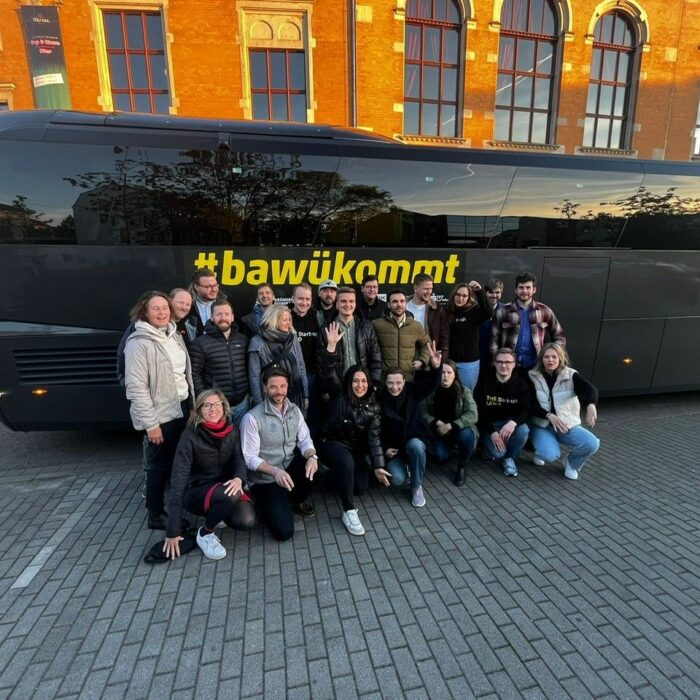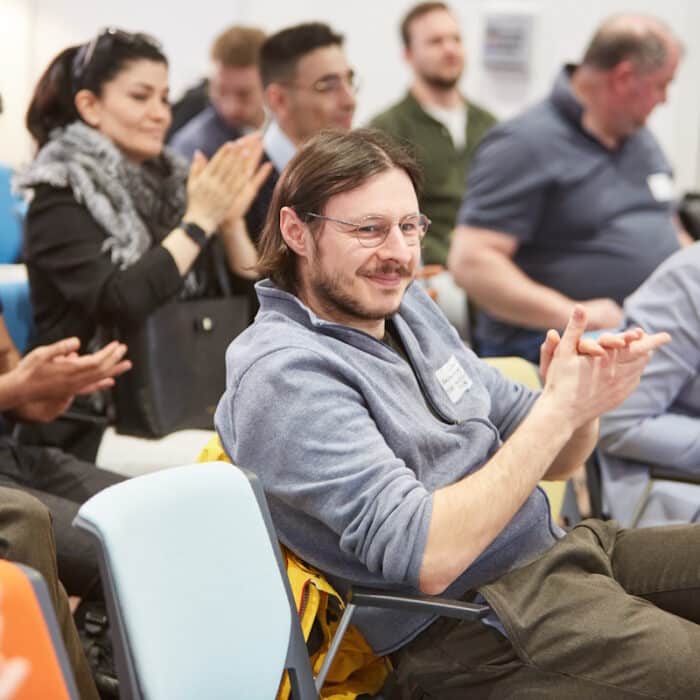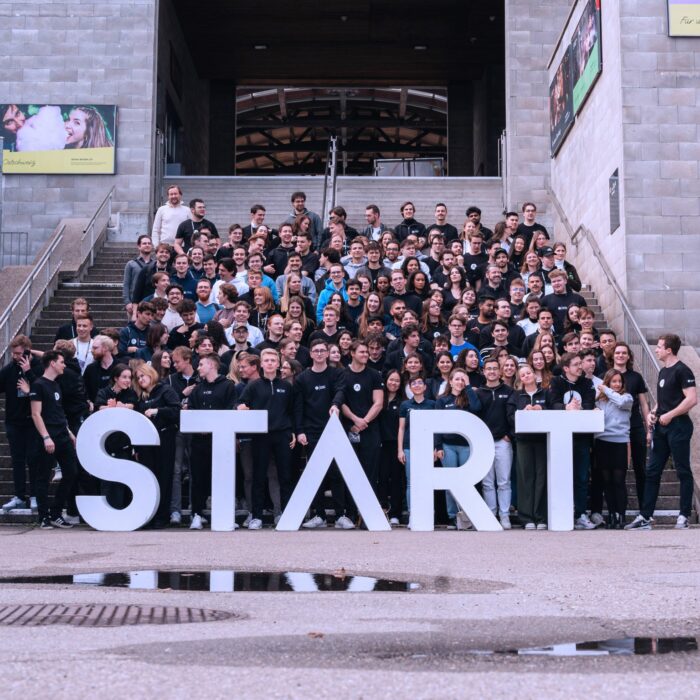Founder of the month: Nanoshape
19.01.2023
Sandra Schöttelndreier
Founder of the month
We start the year 2023 with the KIT spin-off nanoshape. Through their patented nanoshape technology, surfaces of medical implants can be refined in such a way that it has an antibacterial effect. Get to know our founding of the month January.
What does your company stand for?
Nanoshape stands for innovative surface technology for medical implants. With this, we want to protect everyone who depends on an implant, whether young or old, whether dental implant or artificial hip joint, from infections that can occur in connection with such implants. Our big vision is to make this technology the new state of the art in implant manufacturing.
Where and how did you come up with the bright idea to start the company?
The technology itself originated from Patrick’s doctoral thesis at the Institute for Microstructure Technology. On the one hand, it showed the technical applicability and, on the other hand, the great potential of this technology to really improve something in the healthcare system and thus create a great added value for those affected. What was still missing, however, was the step from laboratory scale to mass applicability. For this, the EXIST research transfer was the perfect opportunity to develop the technology to market maturity.

How did the founding team come together?
For the EXIST project application and ultimately the implementation of the idea, important areas such as quality management, biology and business administration had to be filled. That’s how Litsy, who had written her master’s thesis at the Institute of Microstructure Technology, joined the team and was immediately enthusiastic about the idea.
Where do you see the hurdles in the founding process? Where did you get support?
The actual founding process is not difficult. There are many places to go for support. For all the formalities involved in founding a company, for example, you can get very good information from the Chamber of Industry and Commerce (IHK). A good place to start, which came to our attention at an EXIST event, is the Business Angel Netzwerk Deutschland (BAND). Here you can get a number of documents free of charge, which can serve as orientation when drawing up articles of association or employment contracts, for example, and can also be helpful in the further course of business.
A major hurdle can also be to clarify all the boundary conditions before founding the company. This includes, above all, open and honest communication with each other. Nothing should be left unsaid and no one should go in with a queasy gut feeling. This is where our coach, who supported us during the project, was particularly helpful.
What was one of your biggest challenges during the start-up phase?
During the project, we realized that we didn’t all share the same ideas and goals in the team and that it didn’t make sense to found the company in this constellation. Nevertheless, we wanted the technology to be brought to the market, arranged ourselves accordingly and finally founded as a team of two.
Besides that, you also have to deal with the daily challenges. On the one hand, you’re in a fast-moving environment, and on the other hand, you’re always dependent on long public service routes and bureaucratic procedures that can often slow you down.
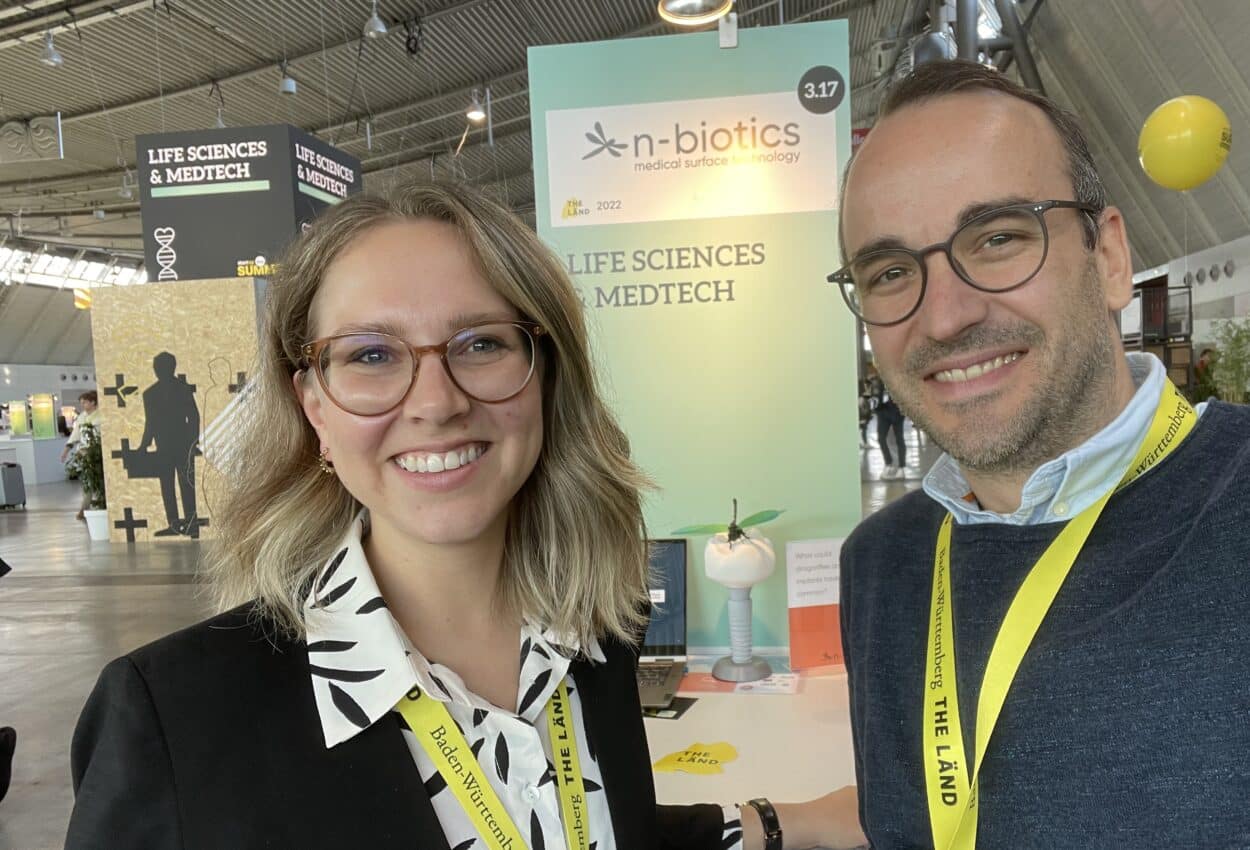
Has Corona had an impact on your startup/industry so far, and if so, what?
There were delays overall due to Corona. At the beginning of the project launch, we had to wait a long time for the ordered materials and equipment we needed to start our experiments in the first place due to extended delivery times. Many of our processes, which would normally have gone faster, were very protracted due to the fact that external personnel or other contact persons were absent from time to time due to illness. This made it a little more difficult for us to reach our milestones, but we still managed to get everything done.
What qualities do you think a founder should have?
You should definitely be persistent and not be afraid to ask too much when it comes to tasks or orders that have to be handed in. You have to be flexible in order to be able to react to problems or spontaneous changes. You have to dare to try out other ways. In general, you should be prepared for the fact that you need courage in many places and also have to take risks. Last but not least, you should be able to motivate yourself again and again. You should not expect this to come from the outside. As a founder, you have to internalize this basic motivation, why you are doing all this in the first place and why you are taking on all the ups and downs. This also helps you to think positively when things don’t go well.
Question for our startup community: Do you have any practical tips for other young entrepreneurs?
Look for other people to start up with you. You share the work and the responsibility and simply have much more fun.
If you are starting up out of university, apply for EXIST funding. It takes a lot of time and effort, but it’s worth it. In addition to financial support, you also get training and the opportunity to make new contacts and expand your network.
Exchange ideas with other startups. The nice thing about this community is that people help each other and talk openly about mistakes. Even if they are startups from different fields, the challenges you face are often the same. It’s also inspiring to see where you can be in the near future, too, when you talk to startups that are already a bit further along than you are.
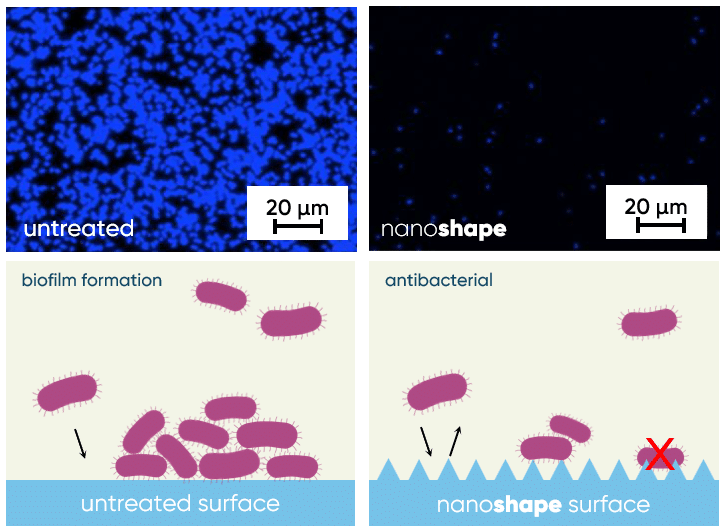
Question for our start-up community: What would you perhaps do/approach differently from today’s perspective?
For us, it’s a bit early to really answer this, since we just founded. Everything that didn’t work right away has helped us learn a lot and especially to be able to make decisions differently or faster in the future.
One thing we’ve definitely learned is that you shouldn’t spend too long trying to solve a goal a certain way just because that’s how you originally planned it. Often there are other ways, which turn out to be even faster or easier. You have to dare to pull the ripcord and be open for other solutions. Perhaps we could have done that earlier at one point or another.
What are your plans for the future? What are your next big milestones?
By the end of the project in May, the technology should be ready for the market so that we can use it industrially. We also have to obtain certification so that we can act as a service provider in the medical technology sector. We will then be able to serve our first customers.
In addition, we will be seeking seed financing this year, starting in the middle of the year. We are currently in talks with venture capital funds. In order to transfer the technology to other medical areas, we still need financial support. This will allow us to expand our team bit by bit with people who share our vision and work together towards our common goal with a lot of fun and motivation.
Thank you very much for answering the questions!
PODCAST
We talked to Litsy and Patrick in our related podcast episode, feel free to listen in and learn more about the founding process of nanoshape.
